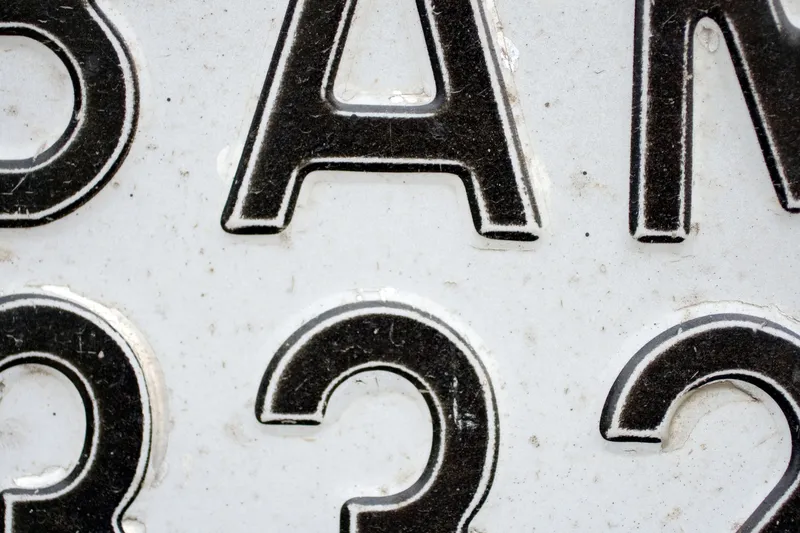563 Inex/Zamir (Inex Technologies)
has completed in-house trials and integration of the 536 Sick LMS211 laser
device. The company specialises in ALPR (Automatic License Plate
Readers) for high-speed toll violation enforcement applications, with
several hundreds of lanes awarded in just the past few years alone. As
Inex Technologies points out, open-road tolling systems require the
ability to capture and accurately read license plates of vehicles
travelling at speeds of up to 200 km/h. As a result, the company needed a
device that could trigger its ALPR system reliably at those speeds and
the Sick offering met that requirement; it is already successfully
deployed on high-speed tolling systems in many parts of the world.









